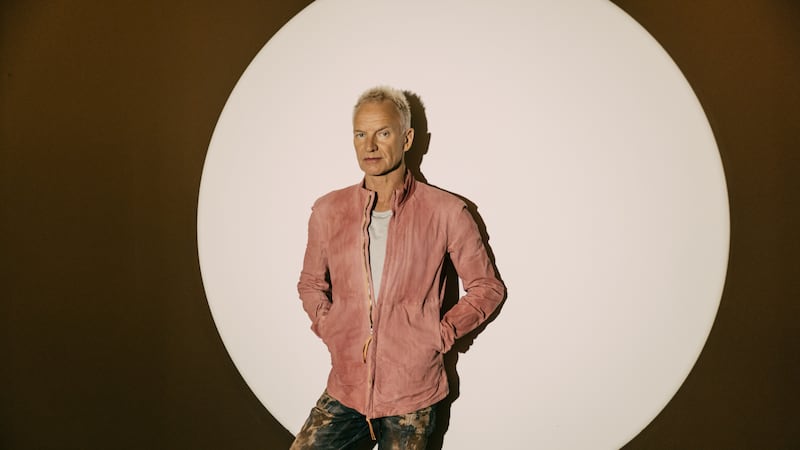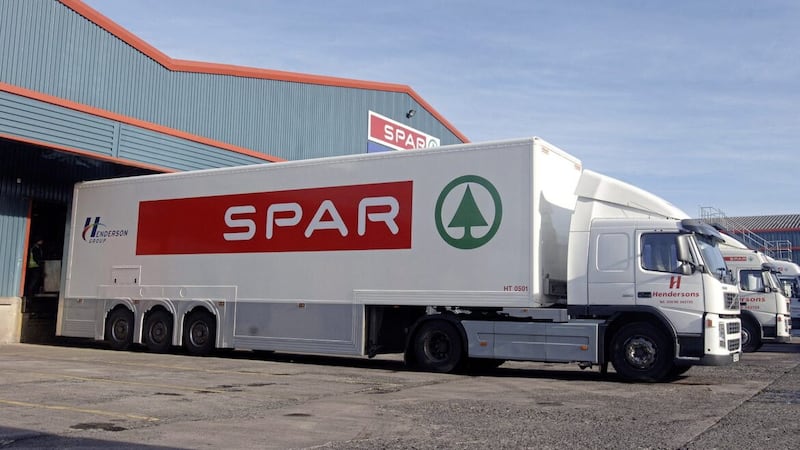THE Bank of England has raised interest rates to 5 per cent for the first time since April 2008 in a bid to curb the UK’s stubborn rate of inflation.
The Consumer Prices Index (CPI) was unchanged in May at a rate of 8.7 per cent, with core inflation much stronger than expected.
The Bank’s Monetary Policy Committee voted 7-2 for a half point increase on Thursday as it stepped up its efforts to bring inflation down to around to its target of 2 per cent.
Financial markets had been expecting interest rates to rise by 0.25 percentage points to 4.75 per cent.
It marked the 13th successive rate increase, with some economists predicting interest rates will hit 5.5 per cent later this year.
It means more pain for mortgage holders and borrowers.
Homeowners on variable rate mortgages linked to the base rate will see an increase in their payments.
Earlier this week it was reported that the average two-year fixed rate mortgage deal in the UK has hit 6 per cent, with the average five year fixed rate deal around 5.67 per cent.
The rising mortgage costs is expected to prompt some landlords to pass on the burden to tenants by increasing rent.
BoE as the highest Bank Rate since September 2008 - (collapse of Lehmans). When you consider that average age of First-Time Buyer in N.Ireland is 30 yrs of age. That means the average mortgage holder under 45yrs has no experience of this level of interest rates.
— Richard Ramsey (@Ramseconomics) June 22, 2023
Ulster Bank’s chief economist Richard Ramsey, said the financial markets now expect interest rates to peak at 6 per cent by December.
“The markets are partially pricing in another 50bps (basis point) rise in August," he said.
“The Bank of England needs to see material improvement in the coming months to prevent these expectations becoming a reality.
“It’s an awful backdrop for the next General Election.”
Bank of England governor Andrew Bailey said policymakers have "got to deal with" inflation now or warned the cost crisis will get worse.
He said: "We've raised rates to 5 per cent following recent data which showed that further action was needed to get inflation back down.
"The economy is doing better than expected, but inflation is still too high and we've got to deal with it.
"We know this is hard - many people with mortgages or loans will be understandably worried about what this means for them.
"But if we don't raise rates now, it could be worse later. We are committed to returning inflation to the 2 per cent target and will make the decisions necessary to achieve that."
Businesses had urged the Bank of England to “show moderation” in its response to inflation.
Alan Lowry, policy chair of the Federation of Small Businesses (FSB) in Northern Ireland said higher interest rates increase the cost of doing business.
"The cost of borrowing has rocketed and will stunt the potential for expansion and growth. A jump in already high interest rates will inflict more pain on already struggling businesses in Northern Ireland.”
Hospitality Ulster chief executive Colin Neill, said while it is the Bank of England's only tool to address inflation, the result could be a recession.
"To the layman, it feels like this is deliberately intended to cause business failures, job losses and drive down demands for increased wages.
"Attempting to control inflation through fear of losing your job or causing business failures seems like a very cruel and unfair fiscal policy," he said.
“It is no secret that the impact of high food costs is hurting both the consumer and businesses within the hospitality sector as they both struggle to make ends meet. Profitability on food within our sector is now at rock bottom and without change will drive businesses to the wall.”








